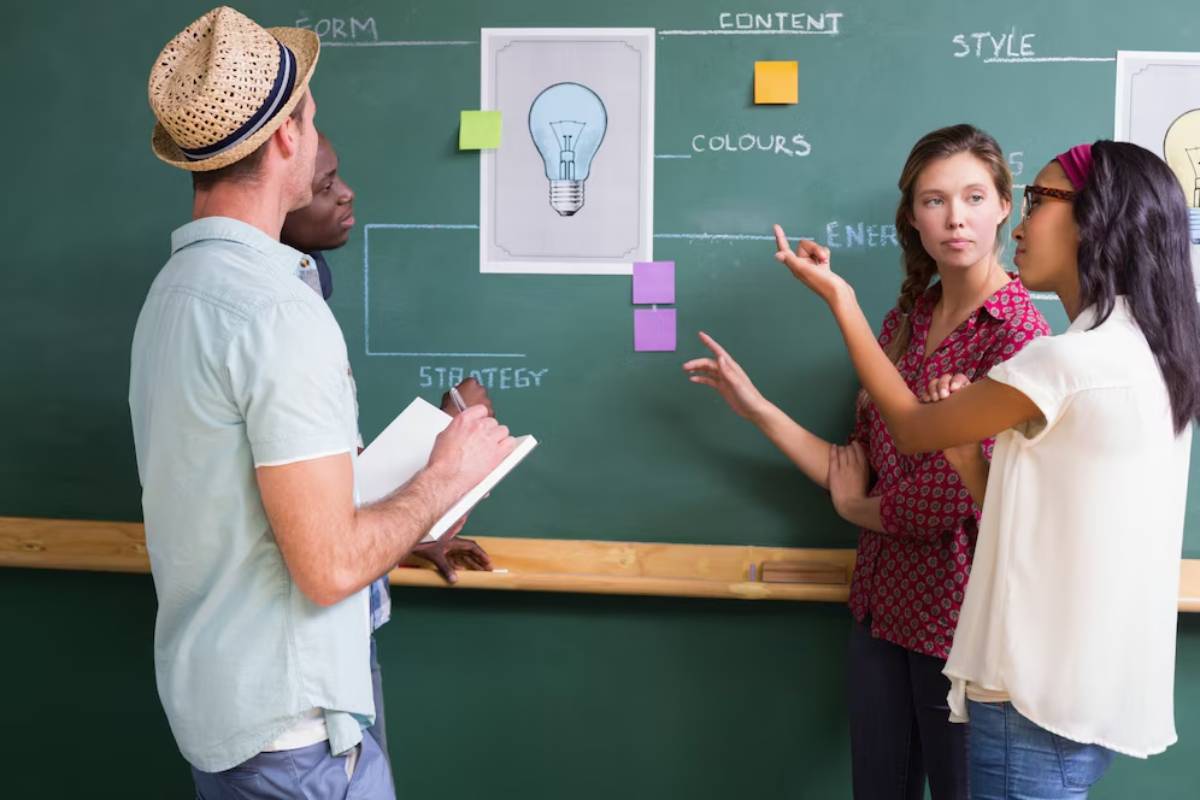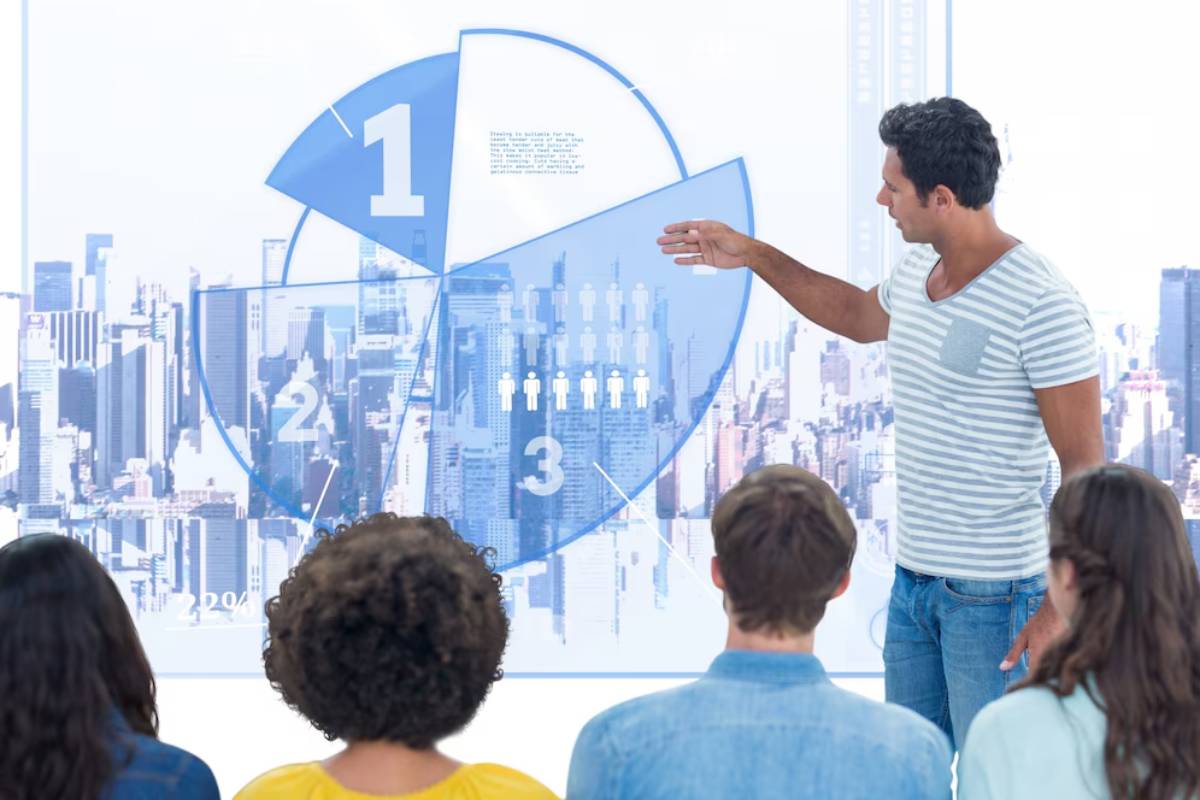The Personal Development Blog

How to Learn Any New Skill Faster and More Effectively
In our fast-paced world, rapidly acquiring new skills is key. Learning a language, playing a song, or using software shapes our lives. They encourage personal and professional growth. However, the journey can feel like climbing a mountain. Fear not—this blog demystifies the learning process. Here, you’ll discover practical, evidence-backed strategies. With our tips, you’ll amplify your learning skills, gaining new talents at lightning speed.
Why Learning New Skills Matters
In an era where tech races ahead, flexibility is your secret weapon. Employers crave candidates who are sharp, adaptable, and quick on the uptake. Learning new skills helps you grow, builds confidence, and creates new chances. Embrace learning as your launchpad to success!
Learning isn’t just about gaining new skills. It’s about keeping up in a fast-paced world. The skills you acquire today could be the stepping stones to tomorrow’s success. So, it’s crucial to understand how we learn and use good learning methods. This helps anyone who wants to stay ahead.
Key Benefits of Fast Learning Techniques
Fast learning techniques don’t cut corners. Instead, they focus on optimising the learning process. Understanding how the brain works can help you learn better. By using effective methods, you can cut down the time it takes to gain new skills. Here are some key benefits of fast learning techniques:
Enhanced Retention
Fast learning techniques focus on improving information retention. Spaced repetition and active recall help you remember things for a long time. This means you can recall information more easily and apply it when needed.
Increased Motivation
When you see tangible progress in your learning journey, it boosts your motivation. Fast learning techniques include setting clear goals and milestones. These help you track your progress and stay motivated. Learning complex skills can take time, so this is very important.
Greater Efficiency
You can make the most of your study time by focusing on the most effective learning methods. Fast learning techniques help you find the key parts of a skill. Then, you can focus on mastering those areas. This targeted approach lets you focus on what matters most in the skill.
Proven Learning Methods for Effective Skill Acquisition
Many ways exist to help you learn new skills better. Let’s look at some great techniques for doing so.

Active Learning
Active learning involves engaging with the material you are trying to learn. Active learning is better than just reading or listening. It gets you to engage with the material. You can do this by summarising, asking questions, or teaching others. This approach helps to reinforce your understanding and improve retention.
Spaced Repetition
Spaced repetition is a technique that involves reviewing information at increasing intervals. This method uses the brain’s power to store information over time, helping ensure that the information stays in long-term memory. Spaced repetition is particularly effective for learning languages and memorising facts.
The Pomodoro Technique
The Pomodoro Technique is a time management method that involves working for 25 minutes and then taking a short break. This method keeps you focused and stops burnout, so you can study better for longer.
Mind Mapping
Mind mapping is a way to learn visually. It uses diagrams to show information clearly. This method helps to organise information in a way that is easy to understand and remember. Mind mapping is particularly useful for brainstorming and organising complex information.

The Feynman Technique
This technique, named after physicist Richard Feynman, helps you learn by explaining a concept to someone else in simple terms. Explaining the material in your own words helps you spot gaps in your understanding and strengthens your knowledge.
Additional Expert Tips & Common Mistakes to Avoid
Even with the effective techniques above, you can use more strategies to boost your learning experience. Here are some expert tips and common mistakes to avoid:
Set Specific Goals
Setting specific, measurable goals can help you stay focused and motivated. Set clear goals instead of vague ones. For example, say, “learn three chords by the end of the week” instead of just “learn guitar.” This gives you clear goals and direction.
Embrace Mistakes
Mistakes are a natural part of the learning process. Instead of fearing failure, embrace mistakes as opportunities to learn and grow. Reflect on your errors and use them as a stepping stone to improvement.
Avoid Multitasking
Multitasking can hinder your ability to focus and retain information. When learning a new skill, focus on one task at a time. This helps you stay engaged and better absorb the material.
Stay Consistent
Consistency is key to effective learning. Establish a regular study routine and stick to it. Consistent practice helps to reinforce your knowledge and build momentum.
Advanced Insights and Expert Recommendations
If you want to enhance your learning, check out these expert tips and insights:

Leverage Technology
Many tools and apps can improve your learning experience. Technology offers many resources for language learning. You can use apps or take online courses. These tools give you excellent chances to practice and improve.
Seek Feedback
Feedback is an essential component of the learning process. Ask peers, mentors, or instructors for feedback. They can help you see how you’re doing and where you can improve. Constructive feedback helps you improve your skills. It also enables you to reach your learning goals faster.
Practice Deliberately
Deliberate practice means focusing on certain skills you want to improve and actively working to improve them. This method requires focus and hard work, but it can greatly boost performance.
Stay Curious
Curiosity is a powerful motivator for learning. Cultivate a sense of curiosity and a desire to explore new topics and ideas. This mindset will push you to find new learning chances and grow your knowledge.
Conclusion: Embrace the Journey of Learning
Learning a new skill is a journey, not a destination. Use the tips in this blog to learn faster and better. Learning is a lifelong journey. The skills you gain today will help you in the future. Embrace the journey. Stay curious. Keep looking for new chances to grow and develop. Enjoy your learning journey. Celebrate your progress as you go.
So, what skill will you learn next? The possibilities are endless, and the journey is yours to explore.









